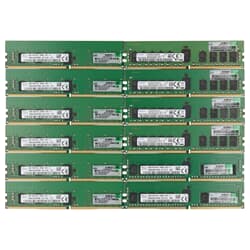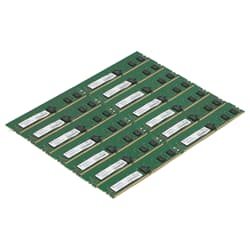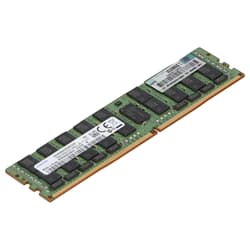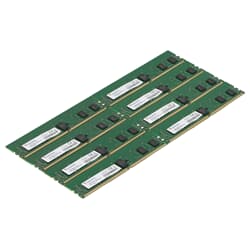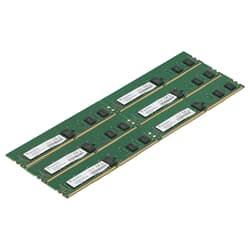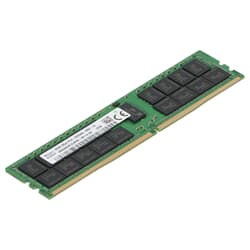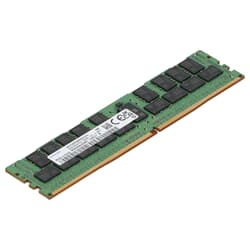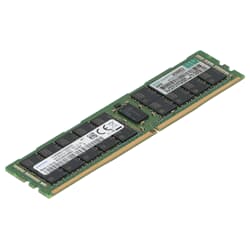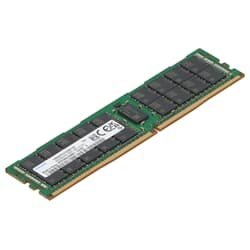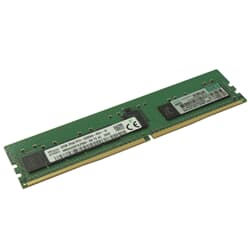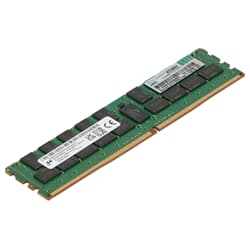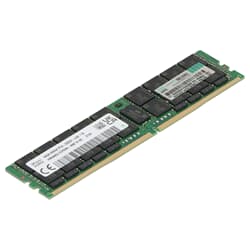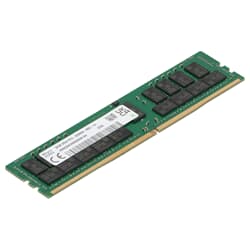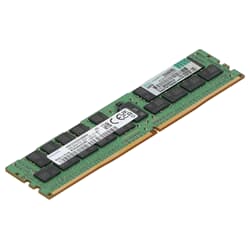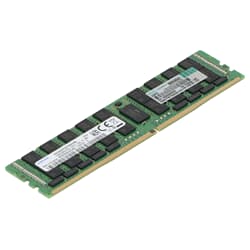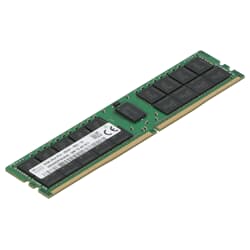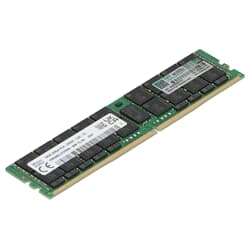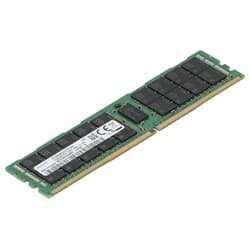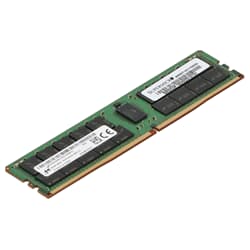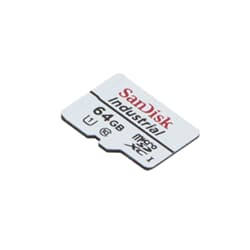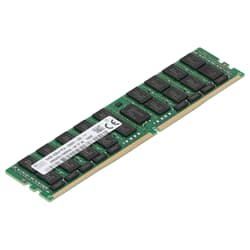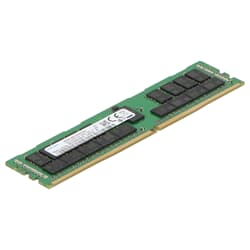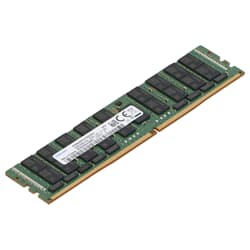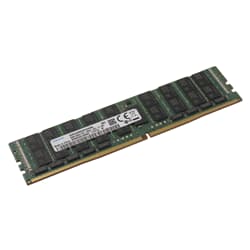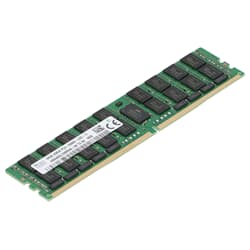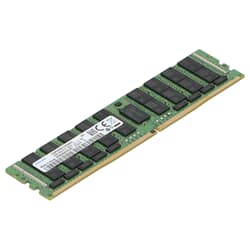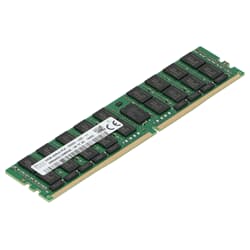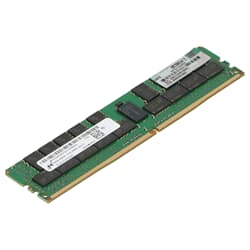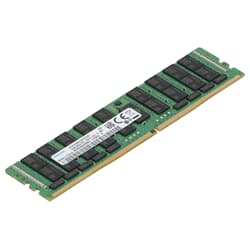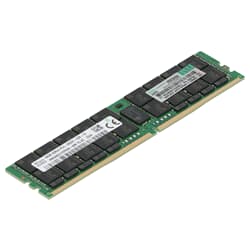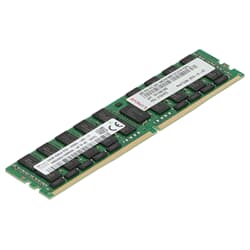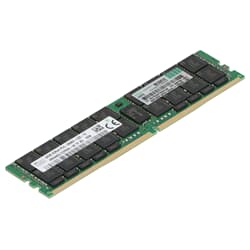Buy server RAM from DDR2 to DDR4 at GEKKO
If you are planning an upgrade for your server or workstation, you have come to the right place. We offer an extensive selection of RAM modules that are suitable for a wide range of requirements. Whether you are looking for ECC, Registered, Unbuffered or Fully Buffered RAM - we have the right solution for you. Our modules cover all common clock rates and capacities and are optimally designed for use in demanding systems. Thanks to extensive testing, we ensure that all our memory solutions offer maximum reliability. What's more, all components are available for immediate delivery, so you can upgrade your devices with more server RAM without delay.
What is Server RAM?
Server RAM, or Random Access Memory, is used to temporarily store programs and services during operation – and it does so at significantly higher speeds than hard drives. You can think of it as the short-term memory of the server. The more RAM capacity available, the more processes and tasks can simultaneously benefit from this high performance without needing to access slower storage media. For comparison: modern 6G SSD hard drives achieve transfer rates of around 600 MB/s, while faster NVMe SSDs can reach up to 3.5 GB/s. DDR4 RAM modules, however, offer impressive transfer rates exceeding 25 GB/s. Even 32 GB of RAM is possible with DDR4 modules – and sometimes more. In a high-performance server system, optimized memory can therefore provide enormous speed advantages. While 16 GB of DDR4 RAM may be sufficient in some cases, other users benefit from higher capacities.
When is More RAM Worth It? Upgrading Server RAM
An upgrade of server RAM is always worthwhile when system demands increase or existing bottlenecks affect performance. This can happen when new, memory-intensive applications or services are added that need to process multiple tasks simultaneously. An increase in user numbers or data volume can also put a strain on memory. If RAM is insufficient, data must be outsourced to slower storage media like hard drives, significantly slowing down overall performance.
Upgrading server RAM can greatly enhance speed and efficiency. More memory allows the system to process larger amounts of data faster and handle multiple tasks in parallel without compromising performance. This leads to shorter response times and more stable performance, especially in data-heavy applications such as databases, virtualization, or large web applications.
Scenarios That Benefit from a Server RAM Upgrade
Server:
- Systems hosting virtual machines benefit significantly from more RAM, as each VM requires its own memory resources.
- Web servers with caching features enabled can access frequently requested data faster with more RAM, significantly boosting server performance.
- Game servers with high player counts or many slots require more short-term memory to ensure smooth operation and fast loading times.
- In general, servers running many services in parallel benefit from more RAM to avoid delays and bottlenecks.
Workstation:
- In professional image editing, more RAM allows faster processing of large files, resulting in a smoother workflow.
In audio and video production, additional memory accelerates rendering and allows larger projects to be handled more efficiently.
- CAD modeling, design, and 3D construction often require high RAM capacities to display and compute complex models and simulations smoothly.
In general, any multitasking scenario running multiple resource-intensive programs simultaneously will benefit from a RAM upgrade.
Buying Server RAM – What to Consider
When buying server RAM, several important factors need to be considered. First, compatibility is crucial: the DDR RAM type (2, 3, 4 or ECC), the supported capacity, and the available slots must match the server. Also important is the choice between ECC and non-ECC RAM, as ECC RAM can correct memory errors and is therefore often preferred in critical server environments.
Clock speed and latency are also important performance metrics. Higher clock speeds and lower latency provide more speed – but only if the system supports them. Capacity must also be chosen appropriately, especially for memory-intensive applications or virtualization. The right module configuration, such as dual- or quad-channel, can increase bandwidth and improve efficiency.
Besides performance, reliability is also essential. Server RAM from established manufacturers often provides the stability required for continuous operation. Energy-efficient modules can also help reduce operating costs.
Sounds complicated? No problem – we’re happy to help you find the right server RAM for your individual requirements. Just contact us.
We’re Happy to Advise You
Many of our customers know that a server RAM upgrade is necessary, but are often challenged when it comes to choosing the right memory. That’s understandable, as there are different generations with varying clock speeds and a range of features such as ECC, Buffered, Parity, and Registered, which can be confusing. There are also rules regarding proper memory bank population that must be followed to achieve optimal performance. Since selecting compatible RAM or other components can be complex, we are happy to support you in ensuring you find the best solution for your server.

